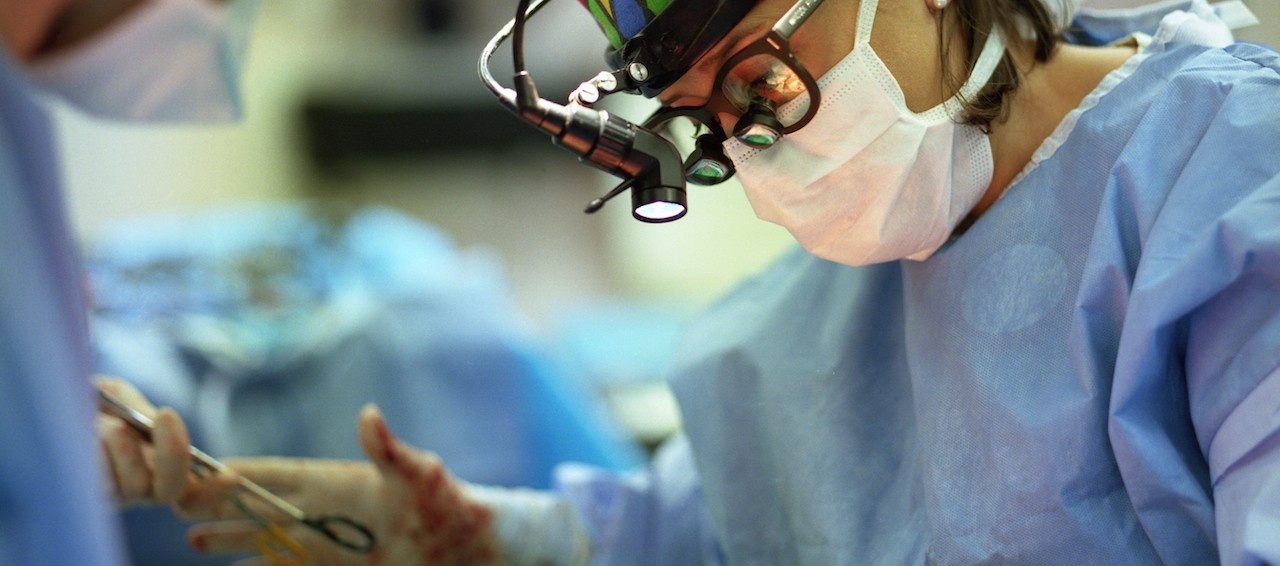Resident Program
The cardiac surgery residency training program at Dalhousie University is modest in size. Presently, there are 6 cardiac surgeons, 1 full time and 2 part-time cardiac ICU intensivists, 1 fellow, 1 Clinical Associate and 6 residents. Our size helps to maximize resident experiences, allowing plenty of opportunities in the operating room, while refining the necessary technical skills. The residency program offers significant exposure to clinical patient care, as well as ample direct training with the surgical team.
The cardiac surgery residency program is six years long and the resident completes both mandatory and elective rotations. We have transitioned to Competency Based Medical Education (CBME) / Competency by Design (CBD) since 2019.
| Year | Rotation Description |
|---|---|
| One and Two | The first two years of rotations are designed to teach the resident the foundations of surgical and cardiac surgical training. These include various Cardiology blocks such as coronary care unit, EP, echo, as well general surgery blocks, cardiovascular ICU and vascular rotations. These rotations provide the resident exposure to examining and assessing the patient preoperatively and managing them postoperatively. In CBD the rotations have been designed to ensure that the Entrusted Professional Activities (EPA's) are obtained through each phase (TTD- Transition to Discipline, FOD- Foundations of Discipline) in the first two years. |
| Three | Salary funded Research academic or clinical enrichment year, as part of the Core of Discipline (COD) in cardiac surgery CBD. COD mandates the completion of a minimum of 1 research project with a manuscript. This needs to be obtained by the end of this year. This year is flexible and can be moved around within the training period on a case-to-case basis. Many previous trainees lengthened this period in order to obtain a Master’s or Doctorate degree in collaboration with the RCPSC and Dalhousie Department of Surgery Clinical Investigator Program (CIP). |
Four and Five
Six |
The Core of Discipline (COD) EPA's will be completed during these two years. The resident spends the majority of these 2 years on cardiac surgery and rotations in pediatric cardiac surgery. These two years will help the resident gain proficiency and independence in commonly occurring cases and experience with procedures that are performed less frequently. Residents will refine their clinical and technical skills during this stage of training, taking on more responsibility leading the team, while caring for patients on the cardiac surgery service. The RCPSC written exam is now completed in the spring of the 5th year since the inception of CBD.
The Transition to Practice (TTP) EPA's should be completed within the last year, as well as the oral examination of the RCPSC board exam (fall). This year is focused at preparing the resident for independent practice or fellowship after residency. This also includes learning how to manage a cardiac surgery practice and doing quality review of their cases. |
Residents take part in formal academic sessions, which entail presentations from the Division including morbidity and mortality rounds. They are required to attend the protected half academic days, which include seminars; lectures, guest speaker presentations, block exams, skills lab sessions and opportunities to attend conferences and journal clubs.
This program helps develop leadership skills and allow more senior residents to supervise and teach junior residents. Residents in the program are involved in the training of incoming medical clerks and students. As the resident advances, they are given more opportunities to take on the administrative aspects of health services in cardiac surgery. This program places an emphasis on teaching the resident to participate as a member of an interprofessional heart team.
Our program accepts one resident annually, alternating years where we choose a Canadian resident through a formal selection and matching process via the Canadian Resident Matching Service. On alternate years the selection of a non-Canadian resident is coordinated through our Post-Graduate Medical Office.
